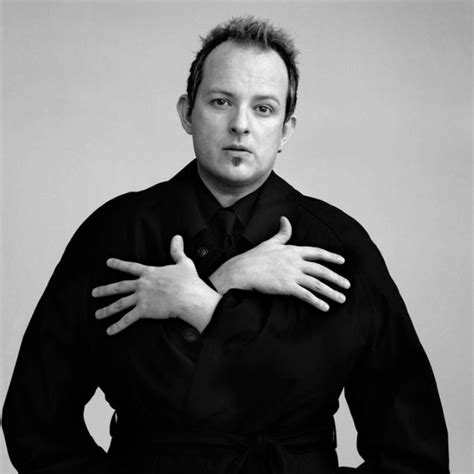A Quote by Billy Crudup
I don't want to expose the intricacies of my work so people can understand how I did it.
Related Quotes
Millennials want to find meaning in their work, and they want to make a difference. They want to be listened to. They want you to understand that they fuse life and work. They want to have a say about how they do their work. They want to be rewarded. They want to be recognized. They want a good relationship with their boss. They want to learn. But most of all, they want to succeed. They want to have fun!
The more stringent the rules and the more limiting they are, the more the poet and writer is forced to resort to special techniques and intricacies to escape them. And these techniques and intricacies adorn the writing and make it more beautiful. But, in the modern world, linguistic intricacies and embellishments do not attract much attention anymore, and the more sincere and intimate the relationship between a work and its reader, the better.
Does it mean, if you don't understand something, and the community of physicists don't understand it, that means God did it? Is that how you want to play this game? Because if it is, here's a list of things in the past that the physicists at the time didn't understand [and now we do understand] [...]. If that's how you want to invoke your evidence for God, then God is an ever-receding pocket of scientific ignorance that's getting smaller and smaller and smaller as time moves on - so just be ready for that to happen, if that's how you want to come at the problem
I feel that other people's suggestions are very dangerous. Yet, I can't say that they are always destructive or not useful. Perhaps, rather than having other people tell you how you should improve your work, they should just tell you how they understand your work, what they got out of it, so that you can figure out yourself if what you did was right or wrong.
We did major work at the White House. But what people often don't understand is that when you do a historic restoration, you can't just do whatever you want. You work alongside the fine-arts commission and are obliged to create a replica of the past, as close as humanly possible. It's a historic institution, not a showhouse.




































